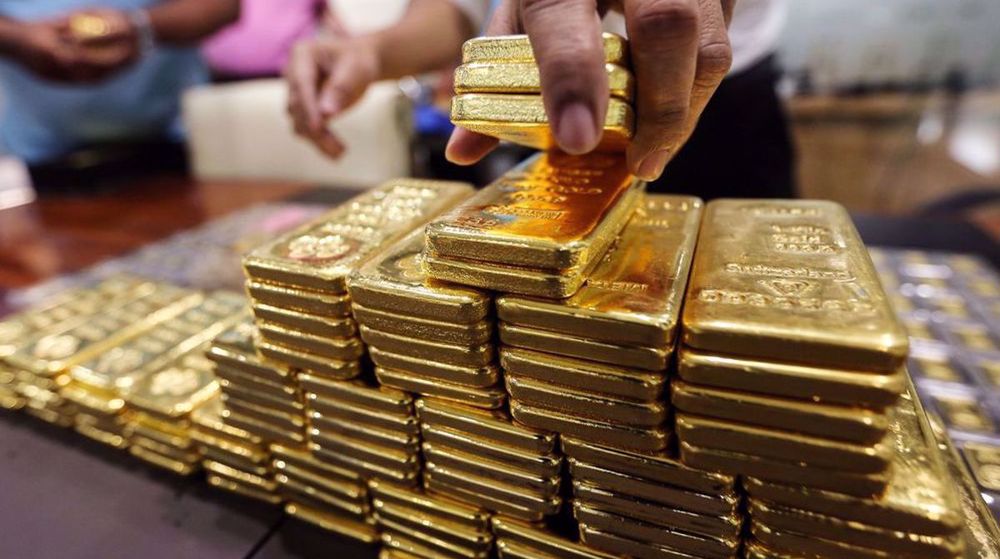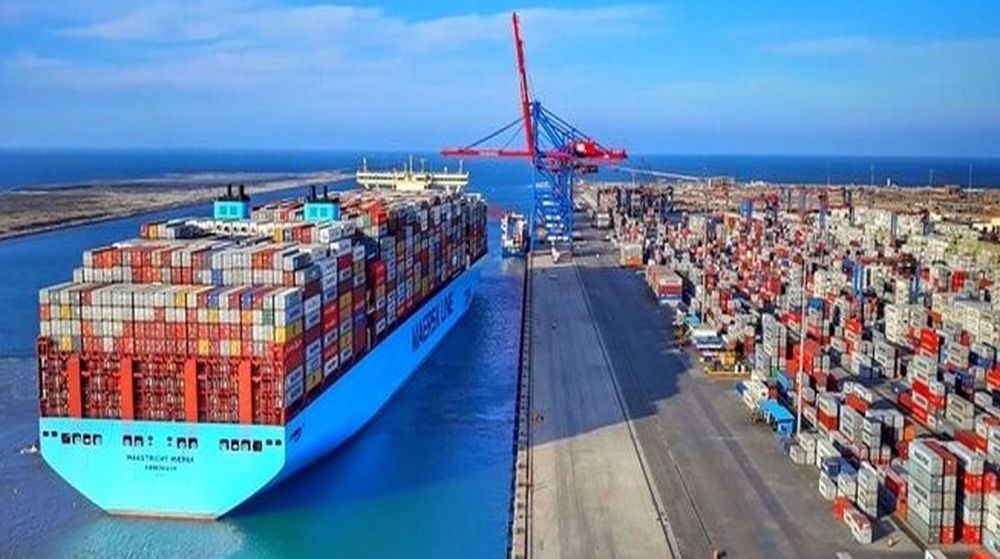Iran-Eurasia trade surges despite COVID-19, US sanctions
Yusef Jalali
Press TV, Tehran
Within the past seven months, Iran and Eurasia have traded slightly less than 7 million tons of commodities, worth roughly 2.5 billion dollars.
The head of Iran’s Trade Promotion Organization says this is a 14-percent rise compared to the same period last year.
Out of the total trade volume, Iran exported more than 860 million dollars’ worth of goods to Eurasia, while the imports stood at over 1.7 billion dollars.
By Eurasia, the Iranian official was referring to the Eurasian Trade Union, which comprises five member states of Russia, Armenia, Kyrgyzstan, Kazakhstan and Belarus.
What makes this significant is its coincidence with the coronavirus pandemic, which has dealt an unprecedented blow to global trade.
The groundwork for this expansion of commercial ties was laid in 2018 when Iran and the Eurasian Economic Union signed a three-year provisional agreement in Astana, Kazakhstan, for the bloc to welcome Iran into the EEU.
The arrangement was aimed at implementing free trade between Iran and the five members of the union by lowering or abolishing customs duties.
In April and amid a peak in COVID-19 cases, the EEU totally removed tariffs on imports of 11 Iranian agricultural and food products.
The coronavirus aside, the growth in Iran-EEU’s trade ties gains more significance against the backdrop of Washington’s re-imposition of sanctions against Iran, after US President Donald Trump walked out of the 2015 nuclear deal and vowed to isolate Iran’s economy on the international stage.
In addition to being a quick escape route from the US sanctions, stronger ties with the EEU are regarded by Iranian officials as an opportunity to take their first walking steps in free trade.
A friend in need is a friend indeed. That’s what Iran and the Eurasian Trade Union are truly manifesting, especially now that Iran badly needs a hand to untangle its economy from the US sanctions.
For the very same reason, Iran and Eurasia will use their national currencies instead of the dollar to conduct all their transactions, in order to avoid any chances of the US using its greenback as a punishing tool.
Jan. 15: ‘Axis of Resistance’ operations against Israeli occupation
VIDEO | US fires: Criticism mounts over govt. failure to respond
VIDEO | Fears, hope in Gaza amid intensified ceasefire efforts
VIDEO | Press TV's news headlines
Hamas: Ceasefire agreement result of steadfastness, resistance in Gaza over 15 months
Hamas thanks Iran, Resistance Front following achievement of ceasefire in Gaza
'Capitulation': Israeli officials and media concede Gaza defeat as truce unfolds
'Gaza has won': Social media users react to ceasefire with mix of relief, joy









 This makes it easy to access the Press TV website
This makes it easy to access the Press TV website